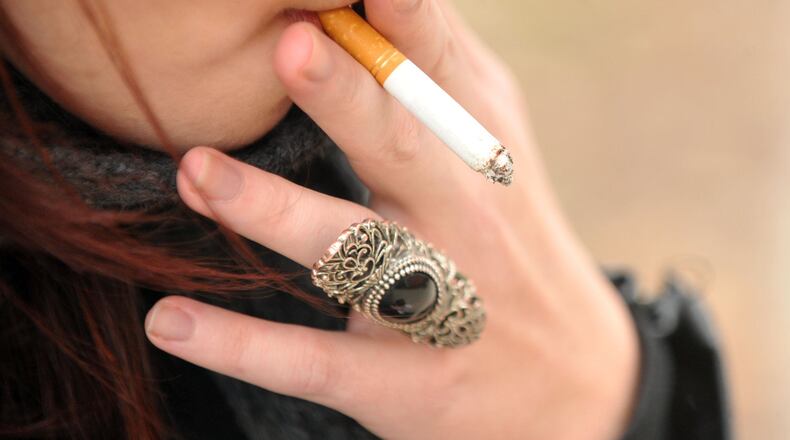According to various national reports, about 1 in 3 U.S. adults are overweight enough to be classified as obese. Other reports say 1 in 6 U.S. adults are smokers. Many forces, including genetics, economics, addictions, emotions and peer influence, affect those numbers.
Whatever the root causes, obesity and smoking indisputably contribute to disease and add billions of dollars of health care costs nationally — and make it harder to get hired.
A recent column focused on many employers’ reluctance to hire persons with disabilities. This column looks at a similar reluctance to hire. Like it or not, when an interviewer meets an extraordinarily fat person, or someone who reeks of cigarette smoke, the chances of hiring that person slip lower.
Why? Because the hirer sees potential dollar signs ahead — and not in a good way. Expectation arises that the person will take more breaks, miss more days of work, work with less energy and cost the company’s employee health care benefits program more than average.
Let me be clear: This is not always the case. And you can no doubt cite instances of heavy people or smokers who take fewer breaks and work longer and harder than skinny people or nonsmokers in the same job. Weight and tobacco are far from the only reason for being sick, missing work or taking excessive breaks.
But when employers size up applicants for hire, they are trying to project a somewhat long-term value to the organization. And they’re likely to choose candidates who fit perceptions of energy, fitness and good health. If there’s a fit-looking person or nonsmoker with qualifications similar or equal to other candidates, the hiring nod is more likely to go in that direction.
And the obese candidate or smoker won’t ever know why they didn’t get the job.
There are laws and lawyers in place to try to deter discrimination in the workplace. But those battles usually are fought when someone is a member of a protected class as defined by race, color, religion, sex, national origin, pregnancy, age or disability. Claims that discrimination occurred because a worker was fat or smoked aren’t very likely to be pursued and are far, far less likely to be won.
Job hunters might argue that hiring biases based on large population data aren’t fair to individuals. And there’s no absolute guarantee on the work performance of any new hire. But hirers use what data they have to inform their decisions, coupled with natural human tendencies for critical evaluation.
Remember, it’s not just overweight people and smokers who face negativity. There’s also a well-studied “beauty bias” indicating that men and women who are considered nice-looking are more likely to be hired over an equally qualified candidate who isn’t quite the looker.
Job hunters who have challenges with appearance, weight or smoking should do their best to go to interviews well groomed, well dressed, smoke-free and projecting vitality.
About the Author
Keep Reading
The Latest
Featured


